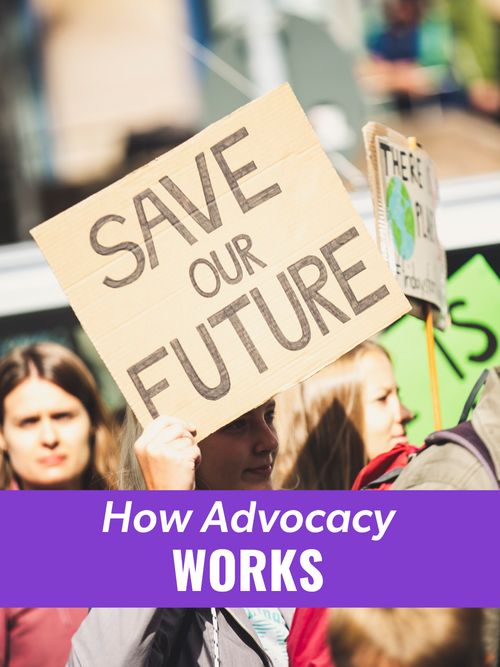The difference between success & failure in social advocacy
Oct 15, 2020 · 2 mins read
0
Share
A powerful advocacy campaign – essentially a strategic effort to bring about change – can persuade governments and institutions to take some pretty surprising actions.
Save
Share
Take the Jubilee 2000 campaign: it convinced creditor nations to write off over $100 billion of debt from the world’s poorest countries. So how does something like that happen?
Save
Share
The spectrum between success and failure of advocacy campaigns on issues like human rights or climate change can vary across countries. It typically depends on context (characteristics specific to the country) but also the strategies employed by advocacy groups.
Save
Share
Success often hinges on the perception that the issue won’t cost governments much. Another key factor is whether the issue resonates with the cultural values of policy gatekeepers (i.e. those within the political system who can slow down, block, or veto legislation).
Save
Share
Messages should be tailored to the specific cultural values and norms of gatekeepers. In Japan, political elites respond more receptively to issues of national prestige (which align with the country’s self-image as a responsible global leader) rather than moral religious appeals.
Save
Share
Who delivers the message is also key. Factors like expertise and likeness to the target audience tend to enhance persuasiveness. Gatekeepers are more likely to take their cue from credible sources and infer greater trust in those that they identify with.
Save
Share
In 2000, Bono convinced Jesse Helms (a major voice in US foreign policy) to embrace debt relief and combat AIDS in Africa by tying these issues to his Christian faith. Helms, a deeply conservative politician, previously equated foreign aid with throwing money down a “rat hole”.
Save
Share
But framing issues to fit the values of gatekeepers doesn’t always work. Often the implications of supporting a policy are just too off-putting for authorities. Appeals to protect the environment, for example, have struggled to overcome the economic impact of curbing CO2 emissions.
Save
Share
An activist’s job is even more challenging if a political system has many gatekeepers, as in the US. Advocates will have a harder time convincing them to all agree, especially as arguments will have to be refined for each gatekeeper’s interests and values.
Save
Share
Bottom line: Persuading political actors to facilitate social change is often extremely challenging. The key is finding favorable conditions – and the simplest way to do that is to bridge the gap between the advocate’s message and gatekeeper’s values.
Save
Share
0
